At least 37 prisoners sentenced to death in Bauchi State remain in legal limbo as no democratically elected governor has signed a death warrant since 1999.
This was revealed by Mr. Ahmed Tata, Public Relations Officer of the Nigerian Correctional Service (NCoS) in Bauchi, during an interview with the News Men Of the condemned inmates, 36 are men and one is a woman.
Tata noted that while military governors may have signed such warrants in the past, their civilian successors have consistently avoided doing so, sparking debate over the fate of those sentenced for capital crimes.
Legal expert Jubrin S. Jubrin criticized the delay, urging governors to fulfill their constitutional role once appeals are exhausted. “If the sentence is upheld, it should be carried out,” he stated, adding that the Attorney General’s office must also provide necessary legal guidance in such matters.
However, civil society groups argue that the reluctance stems from ethical concerns, fears of executing the wrong person, and political backlash. “Execution is irreversible. A wrongful conviction can’t be undone,” said Garba Jinjiri, Chairman of the Bauchi CSO Network.
Dr. Muhammad Reza, a political analyst, believes the democratic constitution and international human rights pressure have influenced governors’ hesitation, fearing backlash from donors and rights groups.
While the Nigerian constitution grants governors power under Section 212 to either commute, pardon, or approve death sentences, many avoid signing altogether, citing legal flaws, human rights concerns, and religious beliefs.
This silent refusal has created a de facto moratorium on executions in Nigeria, leaving thousands of death row inmates stuck in uncertainty—trapped between justice and mercy.

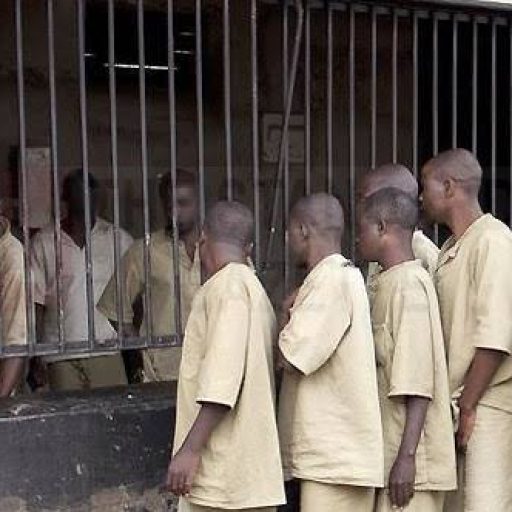


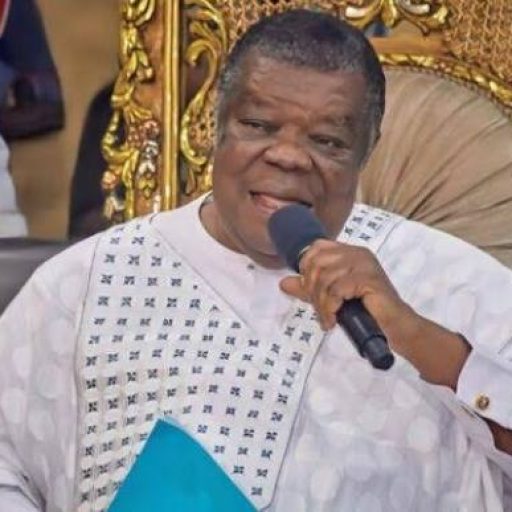
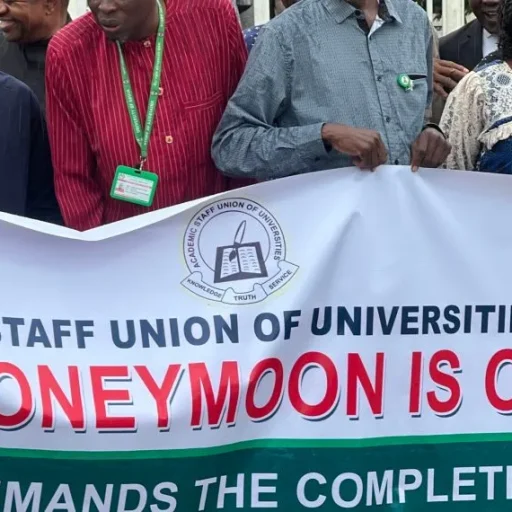

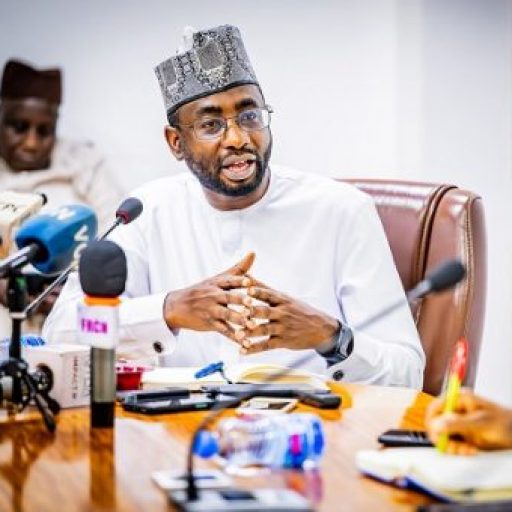

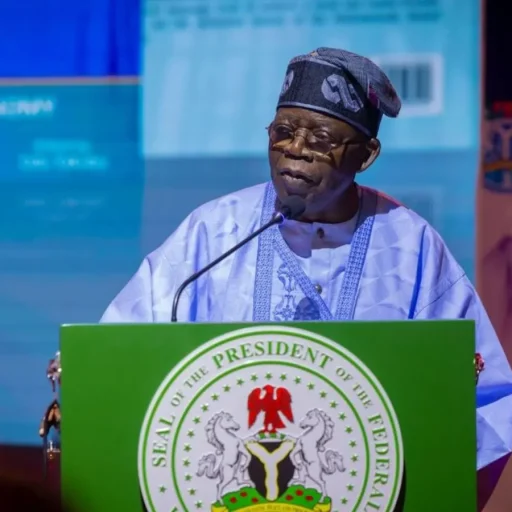
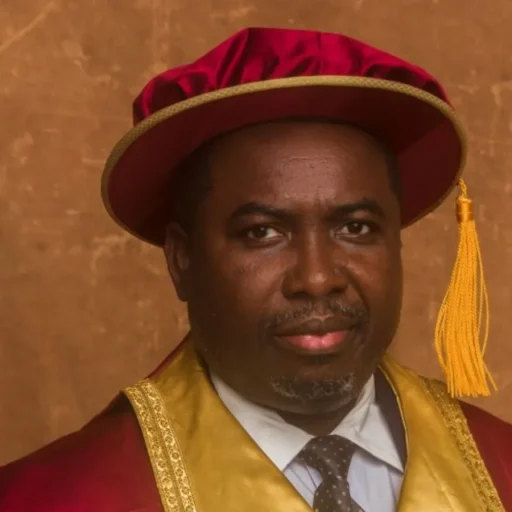
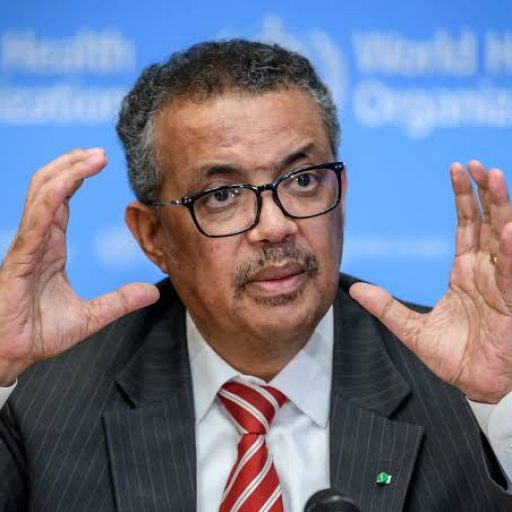


Leave a Reply